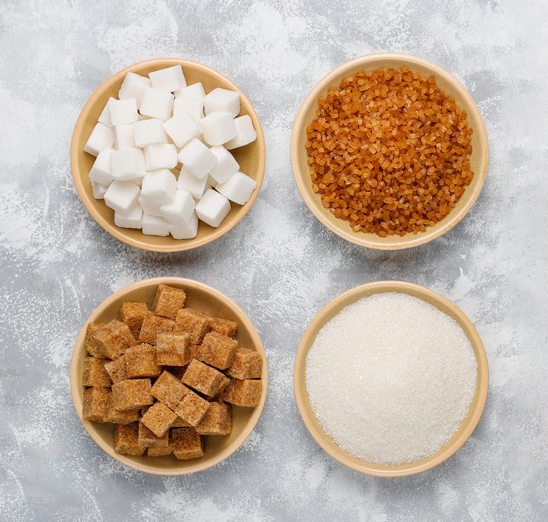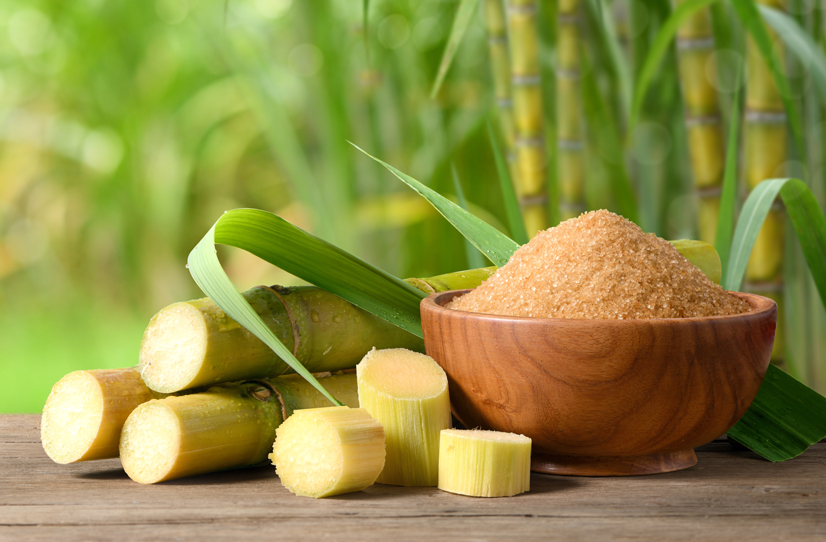How to Successfully Retail Natural Sweeteners: A Comprehensive Guide
Natural sweeteners such as stevia and erythritol are not just alternative sweetening options but are rapidly becoming the preferred choice for many consumers. Successfully selling natural sweeteners requires a strategic approach that aligns with current consumer trends, regulatory understanding, and innovative marketing techniques. This guide will navigate through the essentials of retailing natural sweeteners to ensure your business thrives in this growing market segment.
Understanding Natural Sweeteners
Before diving into retail strategies, it’s crucial to understand what natural sweeteners are and why they’re gaining popularity. Natural sweeteners, derived from plants and other natural sources, offer a healthier alternative to traditional sugar and artificial sweeteners. They are low in calories, have a lower impact on blood glucose levels, and are suitable for those managing diabetes or looking to reduce their calorie intake. With the global natural sweeteners market projected to grow significantly, tapping into this trend is an opportunity retailers cannot afford to miss. Natural Sweeteners: How are they Winning Over Sugar?

Market Insights and Consumer Preferences

Consumer preferences are shifting towards healthier and more natural products, driving the demand for natural sweeteners. Awareness and education about the benefits of natural sweeteners are key to capturing this market segment. Highlighting aspects such as the low-calorie content, suitability for diabetics, and the absence of artificial chemicals can appeal to health-conscious consumers. Additionally, keeping abreast of market trends, such as the rising popularity of specific sweeteners like stevia due to its zero-calorie content and stability under heat, will inform your product selection and marketing strategies.
Sourcing and Selection
Offering a diverse range of high-quality natural sweeteners can set your retail business apart. Source products from reputable suppliers who ensure purity and quality, and consider offering a variety of forms (powder, liquid, granules) to cater to different consumer needs. Including sweeteners that cater to various dietary restrictions, such as keto-friendly or vegan options, can also broaden your market reach.

Regulatory Compliance and Labeling

Understanding the regulatory landscape is essential for successfully retailing natural sweeteners. Ensure all products comply with local and international food safety standards and are correctly labeled. Labels should clearly indicate the sweetener type, nutritional information, and any relevant health benefits. Being transparent about sourcing and production practices can also build trust with your customers.
Marketing and Education
Effective marketing strategies can significantly impact the success of retailing natural sweeteners. Use digital marketing, social media, and in-store promotions to educate consumers about the benefits of natural sweeteners. Hosting tastings or demonstrations can allow customers to experience the quality and taste of these alternatives firsthand. Additionally, creating content that highlights recipes or ways to use natural sweeteners in daily cooking and baking can engage customers and drive sales.
In conclusion, retailing natural sweeteners offers a promising opportunity to tap into the growing demand for healthier food alternatives. By understanding the products, staying informed about market trends, ensuring compliance with regulations, and implementing targeted marketing strategies, retailers can successfully navigate this dynamic market segment. Embracing innovation and consumer education will be key to thriving in the natural sweeteners market, helping customers make healthier choices while growing your business.
Ready to sweeten up your product line with healthier options?



